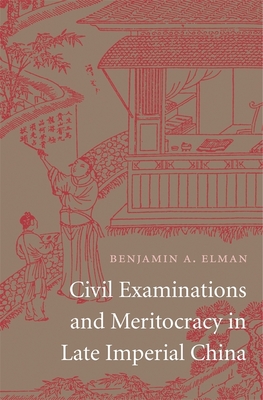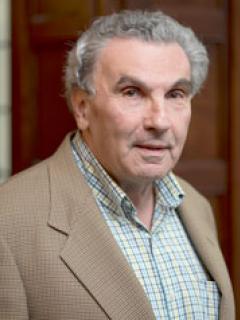

 Harvard University Press
Harvard University Press
Civil Examinations and Meritocracy in Late Imperial China


Key Metrics
- Benjamin A Elman
- Harvard University Press
- Hardcover
- 9780674724952
- 9.3 X 6.2 X 1.5 inches
- 1.65 pounds
- History > Asia - China
- English
 Secure Transaction
Secure TransactionBook Description
During China's late imperial period (roughly 1400-1900 CE), men would gather by the millions every two or three years outside official examination compounds sprinkled across China. Only one percent of candidates would complete the academic regimen that would earn them a post in the administrative bureaucracy. Civil Examinations assesses the role of education, examination, and China's civil service in fostering the world's first professional class based on demonstrated knowledge and skill.
While millions of men dreamed of the worldly advancement an imperial education promised, many more wondered what went on inside the prestigious walled-off examination compounds. As Benjamin A. Elman reveals, what occurred was the weaving of a complex social web. Civil examinations had been instituted in China as early as the seventh century CE, but in the Ming and Qing eras they were the nexus linking the intellectual, political, and economic life of imperial China. Local elites and members of the court sought to influence how the government regulated the classical curriculum and selected civil officials. As a guarantor of educational merit, civil examinations served to tie the dynasty to the privileged gentry and literati classes--both ideologically and institutionally.
China did away with its classical examination system in 1905. But this carefully balanced and constantly contested piece of social engineering, worked out over the course of centuries, was an early harbinger of the meritocratic regime of college boards and other entrance exams that undergirds higher education in much of the world today.
Author Bio
Benjamin Elman (Ph.D. University of Pennsylvania, 1980) is Professor of East Asian Studies and History with his primary department in East Asian Studies.
His teaching and research fields include:
1) Chinese intellectual and cultural history, 1000-1900;
2) history of science in China, 1600-1930;
3) history of education in late imperial China;
4) Sino-Japanese cultural history, 1600-1850.
His publications include:
From Philosophy To Philology (1984, 1990, 2001);
Classicism, Politics, and Kinship (1990);
A Cultural History of Civil Examinations in Late Imperial China (2000).
He has recently completed two book projects: On Their Own Terms: Science in China, 1550-1900 (2005), and A Cultural History of Modern Science in Late Imperial China (2006).
A new work entitled Meritocracy and Civil Examinations in Late Imperial China (HUP) appeared in Fall 2013.
I also edited several volumes from conferences held at Princeton under the auspices of PIIRS, EAP, and the Mellon Foundation on "Science in Republican China" (Brill 2014), "Languages, Literacies, and Vernaculars in Early Modern East Asia" (Brill 2015), and "Medical Classics and Medical Philology in East Asian, 1400-1900" (Brill 2016).
During my leave, I visited archives in China, Taiwan, Japan, and South Korea.
For my leave in AY17, I have continued working on a new project entitled "The Intellectual Impact of Late Imperial Chinese Classicism, Medicine, and Science in Tokugawa Japan, 1700-1850," under the auspices of summer research grants from my Mellon Foundation Career Service Award (2011-2017).
Source: Princeton University Department of East Asian Studies
Videos
No Videos
Community reviews
Write a ReviewNo Community reviews